Potatoes
Indian dishes often feature potatoes, which have a high glycemic index and can lead to rapid spikes in blood sugar levels.
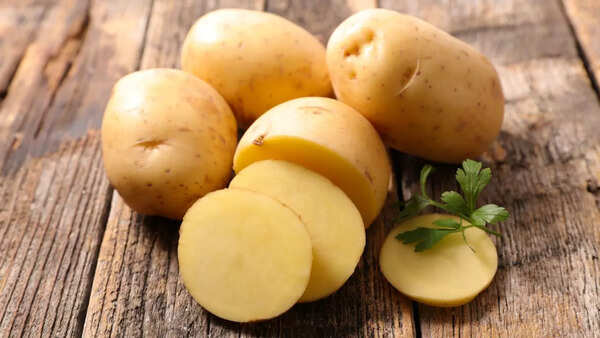
Sweet potatoes
While sweet potatoes are a healthier option than regular potatoes, they still contain carbohydrates and should be consumed in moderation.
Yams
Yams is yet another starchy root vegetable, can have a similar effect on blood sugar as sweet potatoes.
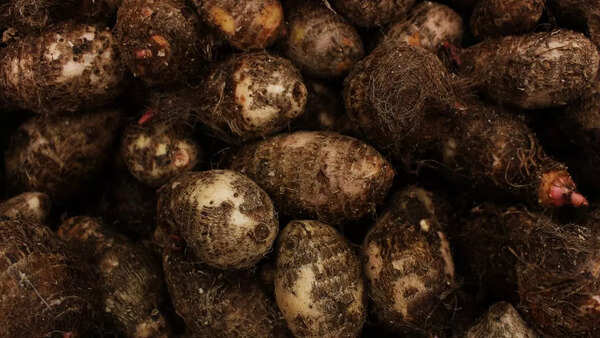
Taro Root
Arbi also known as Taro root is starchy and can impact insulin levels and spike blood sugar, so it should be used in moderation.
Beetroot
Beetroot are naturally sweet and contain sugars that can potentially affect blood sugar. However, beetroot juice can help in boosting immunity, but it is best to consume in moderation.
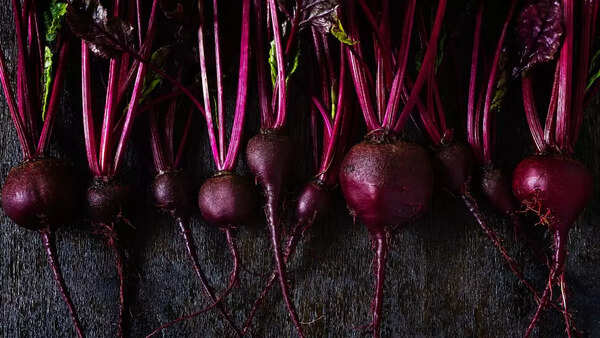
Carrots
Carrots are commonly used in Indian cuisine and contain natural sugars, but they have a lower glycemic index compared to some other vegetables.
Peas
Green peas are starchy and can lead to an increase in blood sugar levels when consumed in larger quantities.
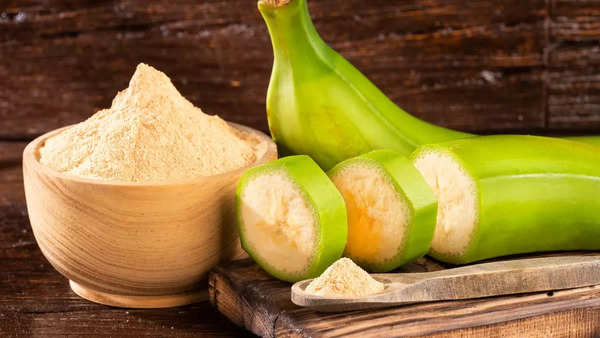
Raw Banana
Raw Bananas are loaded with nutrients, but are also starchy, which can spike sugar levels.
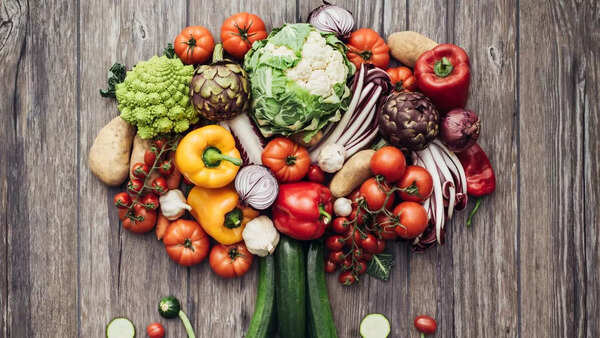
How can some veggies impact sugar levels?
Starchy and carbohydrate-rich vegetables can impact blood sugar levels due to their high carbohydrate content. When consumed, carbohydrates are broken down into sugar (glucose) in the digestive system, causing blood sugar levels to rise. Vegetables like potatoes, sweet potatoes, corn, and peas have high amounts of carbohydrates and have a higher glycemic index, leading to quicker spikes in blood sugar. Thus, it is best to avoid or consume in moderation.
